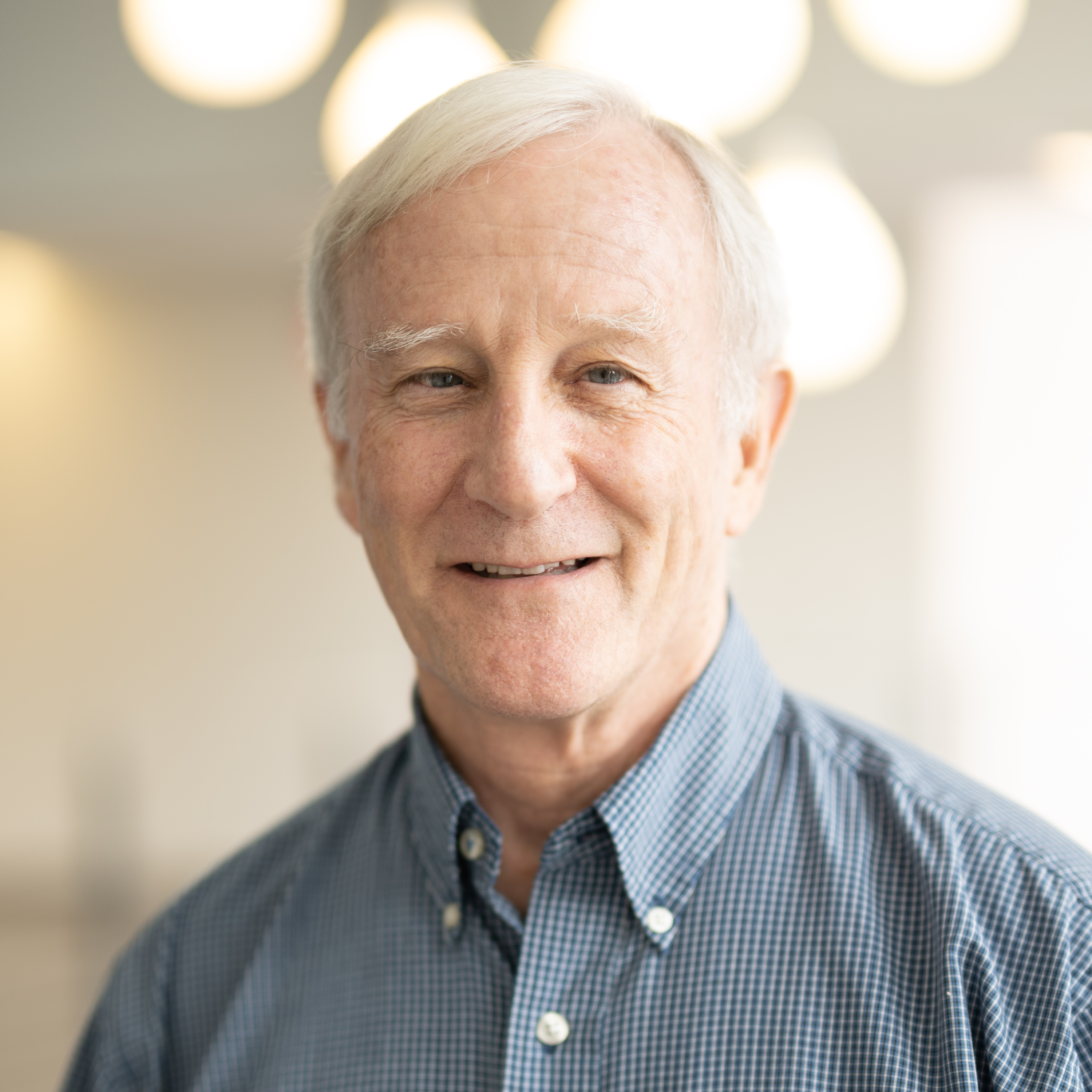Robert Messing
- Professor
- Department Chair
- Director, Waggoner Center for Alcohol & Addiction Research
- Neuroscience
- Interdisciplinary Life Sciences Graduate Programs
M. June and J. Virgil Waggoner Chair in Molecular Biology
Professor of Neurology

Contact Information
Biography
Dr. Messing received an MD in 1979 from Stanford University. He trained in Internal Medicine from 1979-1981 at the University of Virginia, and then in Neurology at UCSF from 1981-1984, followed by a postdoctoral fellowship in neuroscience at UCSF from 1984-86 with David A. Greenberg MD, PhD. He became a faculty member in Neurology at UCSF in 1986, and was a member of the UCSF Neuroscience Graduate Program. He was also a Principal Investigator at the Ernest Gallo Clinic and Research Center, where he became Vice President for Internal Affairs and the founding Director of the NIAAA-funded Alcohol Center for Translational Genetics at UCSF from 2008-2013. In 2013 he was recruited to the University of Texas at Austin and served from 2013-15 as the Vice Provost for Biomedical Sciences to help launch the Dell Medical School. From 2015-17 he served as Associate Dean for Research Development for the Dell Medical School. In September 2017 he became director of the Waggoner Center for Alcohol and Addiction Research at UT Austin and Chair of Neuroscience in September 2020.
Research
Researchers in the Messing Lab study molecular and circuit neuroadaptations to drugs of abuse that contribute to addiction and to co-morbid disorders such as anxiety and pain. The overall goal is to identify drug targets and strategies that could lead to new treatments. We use a variety of molecular and genetic approaches including gene targeting, transgenic expression, and RNA interference, together with behavioral pharmacology and electrophysiology to identify molecules and circuits that drive addictive behavior. Major contributions include determining that protein kinase C epsilon, protein kinase C delta, protein kinase M zeta, N-type voltage-dependent calcium channels, and the type 1 equilibrative nucleoside transporter regulate ethanol intoxication and self-administration in mice. Research on protein kinase C epsilon in particular has led to ongoing efforts to develop inhibitors of this enzyme as treatments for pain, anxiety, and alcohol addiction.
Research Areas
- Neuroscience
- Health Promotion or Disease Prevention
- Substance Use Disorders
Fields of Interest
- Molecular Biology, Genetics & Genomics
- Electrophys, Optogenetics & Chemogenetics
- Optical Imaging
- Behavior
- Cellular/Molecular/Structure
- Neurological Disease/Addiction
Centers and Institutes
- Waggoner Center for Alcohol and Addiction Research
- Mulva Clinic for the Neurosciences
Education
- 1970 - 1974 Stanford University B.A. History
- 1975 - 1979 Stanford University M.D. Medicine
- 1979 - 1980 University of Virginia Intern Internal Medicine
- 1980 - 1981 University of Virginia Resident Internal Medicine
- 1981 - 1983 Univ. CA, San Francisco Resident Neurology
- 1983 - 1984 Univ. CA, San Francisco Chief Resident Neurology
- 1984 - 1986 Univ. CA, San Francisco Research Fellow Neuroscience
Publications
Awards
- Civitatis Award
